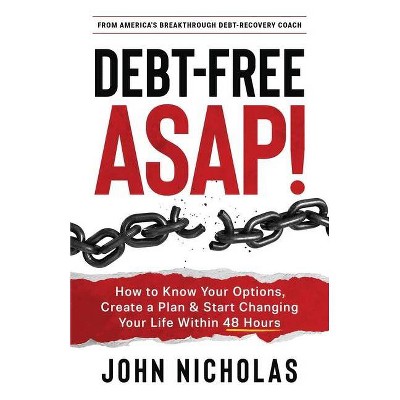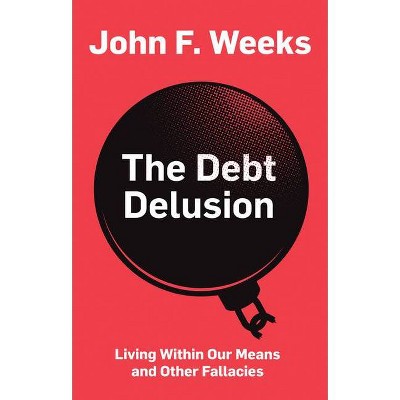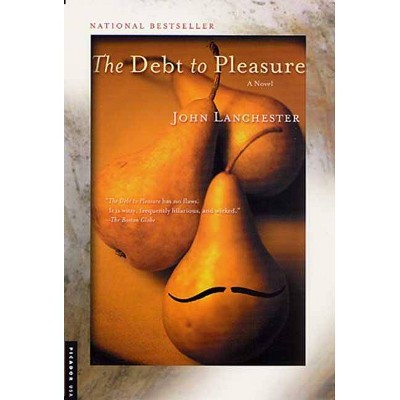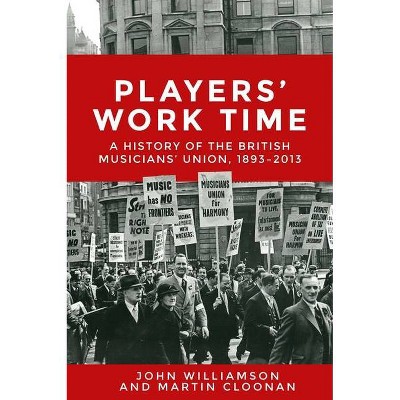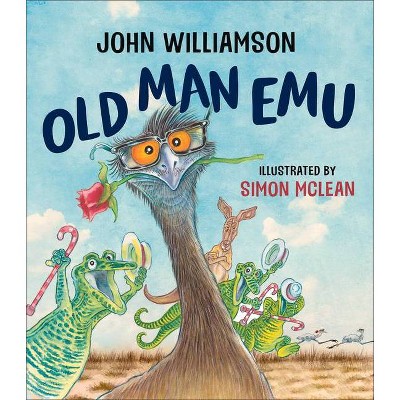Delivering on Debt Relief - by Nancy Birdsall & John Williamson (Paperback)
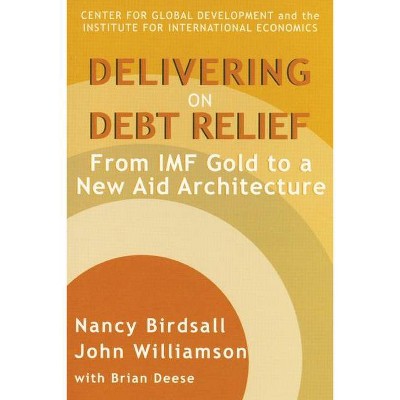
Similar Products
Products of same category from the store
AllProduct info
<p/><br></br><p><b> About the Book </b></p></br></br>This study brings readers up to date on the complicated subject of debt relief for poor countries. It also addresses the questions of more efficient and equitable government spending, building better institutions and attracting productive private investment.<p/><br></br><p><b> Book Synopsis </b></p></br></br><p>This study brings readers up to date on the complicated and controversial subject of debt relief for the poorest countries of the world. What has actually been achieved? Has debt relief provided truly additional resources to fight poverty? How will the design and timing of the "enhanced Heavily Indebted Poor Country (HIPC) initiative" affect the development prospects of the world's poorest countries and their people? The study then moves on to address several broader policy questions: Is debt relief a step toward more efficient and equitable government spending, building better institutions, and attracting productive private investment in the poorest countries? Who pays for debt relief? Is there a case for further relief? Most important, how can the case for debt relief be sustained in a broader effort to combat poverty in the poorest countries?</p><p/><br></br><p><b> Review Quotes </b></p></br></br><br>[E]stablishes a solid place for debt relief within the broader development agenda and highlights the role of the Center for Global Development in bridging the gap between campaigners and scholars in the development policy debate.--Gerry Flood, United States Conference of Catholic Bishops<br><br>A hard-headed analytical work that is sensitive to the needs of poor countries. The authors do a wonderful job of sorting their way through a confusing set of issues. Their answers are simple, compelling and powerful.--Dani Rodrik, John F. Kennedy School of Government, Harvard University<br><p/><br></br><p><b> About the Author </b></p></br></br>Nancy Birdsall currently serves on the Institute's Board of Directors and is the founding president of the Center for Global Development (CGD) in Washington, DC, USA. She is also the former executive vice-president of the Inter-American Development Bank. She co-founded CGD in November 2001 with C. Fred Bergsten and Edward W. Scott, Jr. Prior to becoming the President of CGD, Birdsall served for three years as Senior Associate and Director of the Economic Reform Project at the Carnegie Endowment for International Peace. <p/>John Williamson, senior fellow (retired), was associated with the Institute from 1981 to 2012.
Price History
Price Archive shows prices from various stores, lets you see history and find the cheapest. There is no actual sale on the website. For all support, inquiry and suggestion messages communication@pricearchive.us
